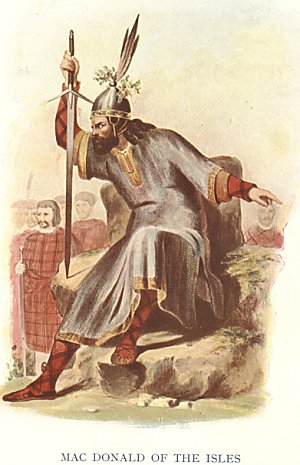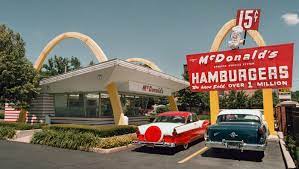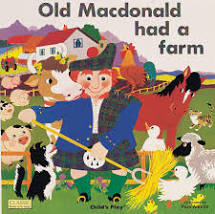by Catherine McKinley

The Clan Donald’s (or Clan MacDonald), being the oldest and largest of all clans, have Scottish roots which run very deep. For nearly 400 years, Clan Donald, later MacDonald ruled, virtually, Scotland’s entire Western Seaboard. Their holdings were bounded by the Butt of Lewis to the North down to the Mull of Kintyre on the South plus possessions in Ireland and the Isle of Man. Their land and power stretched so wide that it was second only to the Kings of Scotland and England, MacDonald forebears having started settling in the 1st century A.D.
The name of Clan MacDonald derives from Donald of Islay, grandson of the “mighty Somerled.” Somerled, Lord of Argyll, in the 12th century, through marriage and conquest, acquired power over large tracts of land which he passed on to his sons. The succession of land and titles continued until 1424 when various branches such as Clanranald, Glengarry and Glencoe established the own clans with their own chiefs. Minor battles between the new clans continued, on and off, until the famous battle of Culloden which ended the clan system, as it was known, in 1746. Some 200 years later, in 1947, a new chief, Alexander MacDonald, was proclaimed.

Donald of Islay

SOME FAMOUS MACDONALDS: One is Flora MacDonald, who, in 1745, rescued Charles Edward Stewart (“Bonnie Prince Charlie”) by disguising him as her maid while they fled to Skye after the Jacobite Uprising.

In modern times, the name MacDonald is associated with the ultra successful hamburger chain and, for children, the song “Old MacDonald’s Farm.” As to the restaurants, the name was chosen by MacDonald’s Hamburgers founder, Ray Kroc. He had been inspired by a burger restaurant owned by brothers Richard and Maurice MacDonald. Their establishment, to portray how fast orders were delivered, was named “Speedee Service.”

The children’s song has a history which stretches back to the 18th Century. The earliest version is from a 1706 opera called The Kingdom of the Birds written by the English writer and composer Thomas D’Urfey. Frederick Thomas Nettleingham’s 1917 book Tommy’s Tunes, a collection of World War I era songs, includes a variant with the more familiar lyrics. The Scottish influence is evident by the name(s) of the farmer. Originally, he was “Old MacDougall.” Sometime after the end of WWI, he became Old MacDonald.

